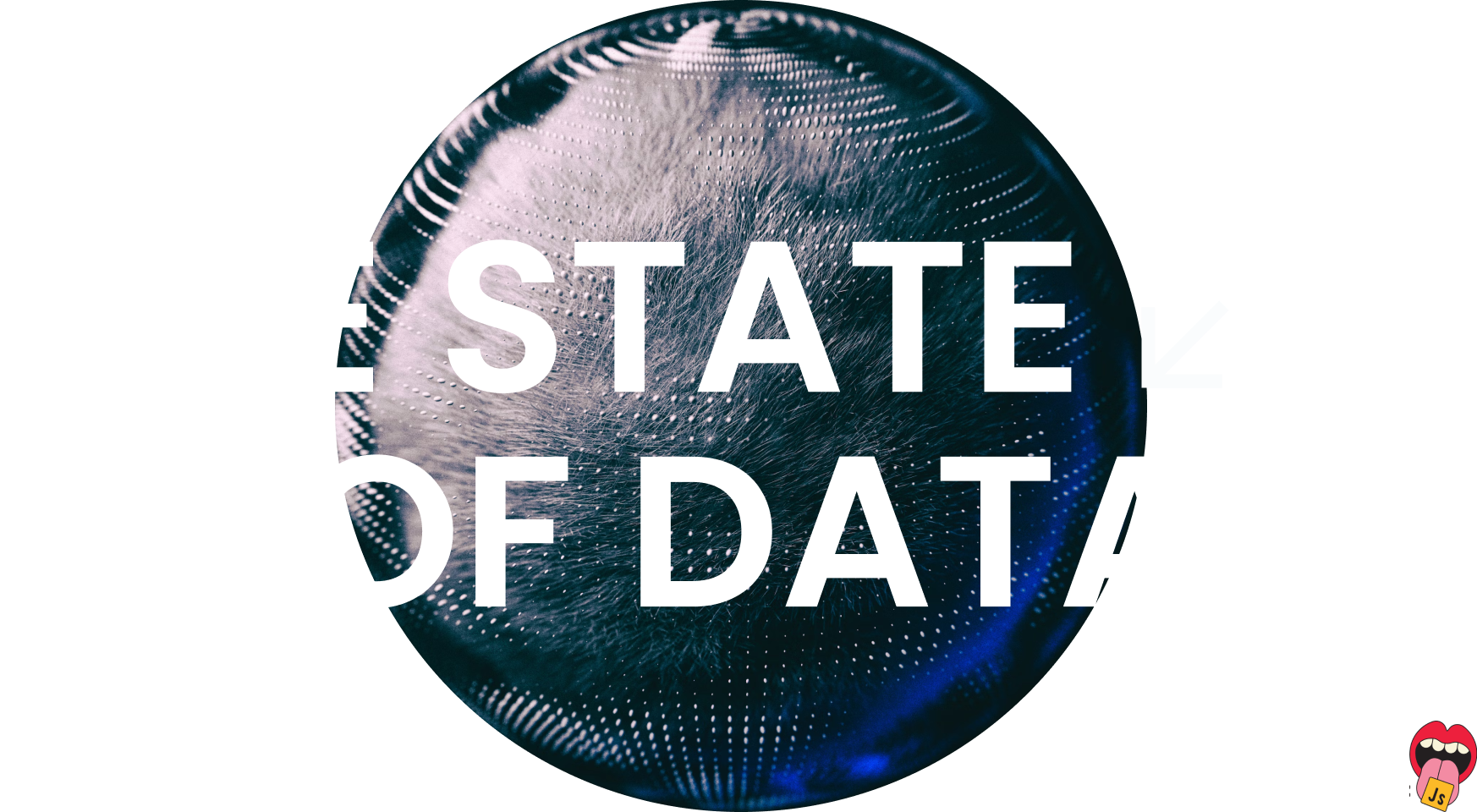Longevity of the new technology or framework
Developer Experience
Sustainability
Lock in complexity - must be minimal or none at all
Assessing the impact on security.
Leadership enterprise level buyin
futureproofing
Tech/dependency obsolescence
Too much hype for technologies
Getting others on the team onboard and up to speed in a timely manner
Production readiness
Longevity/future-obsolescence of new tech
security concerns (SOC2, GDPR, HIPAA) and company resistance to using 3rd party SaaS products to product development
none, it's the same with old frameworks
Coworkers aren't always interested in taking the time to learn it for themselves
Fear of them becoming irrelevant soon
LTS (Long term support)
Having enough time to do everything
cross compatibility
whether new tech will be supported long-term
Data migration from one system to the next
Avoiding attractive dead-ends
Long term support
None
